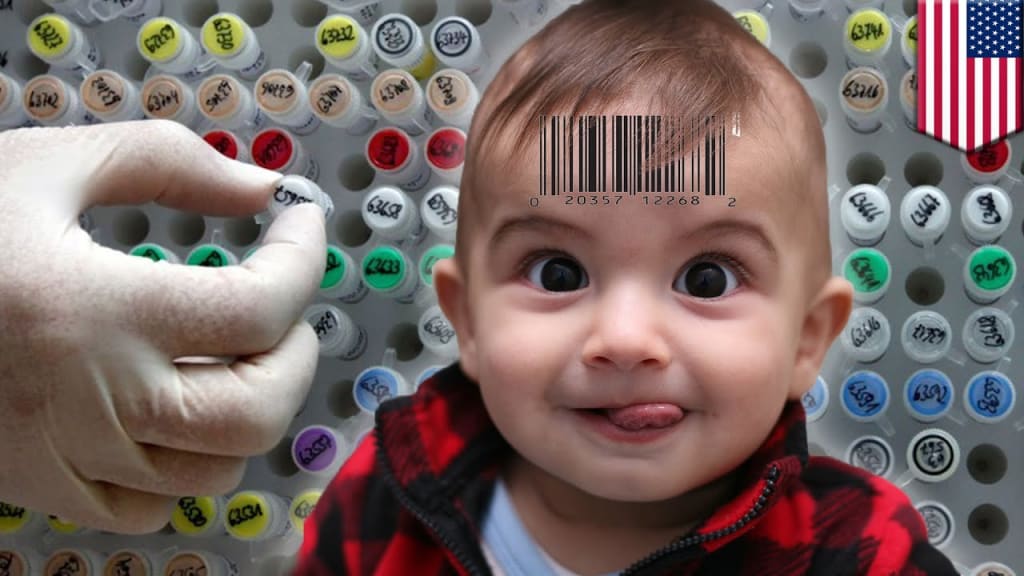Human Genetic Modification: Why It's Gone Too Far
Human Genetic Modification: Why It's Gone Too Far

Introduction;
In the not-so-distant future, we may be able to genetically engineer human beings. Until recently, modifying the DNA of other living organisms required a complex process called recombinant DNA technology. But in the last 10 years, this process has become much simpler and more efficient thanks to advances in computer science and artificial intelligence. In other words: It’s cheaper and easier than ever before for scientists to modify our genes. And as with any new technology, it’s raising alarms among critics who fear that it could lead to eugenics — or better yet, ‘transhumanism’ — if left unchecked.
What Is Eugenics?
Eugenics is the social doctrine that aims to improve the genetic composition of a population by encouraging or forcing the reproduction of those considered superior. It’s a social, political, and cultural movement that has been around since the early 20th century and has drawn many different reactions. Some have embraced it and others have rejected it outright. The practice was banned in almost all countries, including the United States, between the 1930s and the 1970s. It remains controversial, however, especially in the scientific community and among groups that advocate for human rights.
Human Genetic Modification: The good, the bad and the ugly
Human genetic engineering is a growing and increasingly popular field of medicine. It is the manipulation of an organism’s DNA to achieve the desired effect. It may sound harmless, but genetically engineering humans could have disastrous consequences. The practice of genetically modifying babies to try to alter their traits or improve their health could be extremely harmful. It’s already led to animals having unintended offspring, as well as a handful of cases in which people were born with modified genes causing health problems. Some experts are concerned that those risks could be compounded if this type of engineering were to become common.
Why is Human Genetic Engineering Being Talked About So Much?
Ever since the first gene-editing experiment was conducted in 2015, the world community has been buzzing about human genetic engineering. This is mostly because it's a new and developing field of research that could have enormous potential in the future. But several ethical and social issues need to be addressed. For example, some people are worried that human genetic engineering could be used to improve the characteristics of specific groups of people, such as the poor or minorities. In addition, many people are worried about the ethics behind using genetic engineering for creating “designer babies” — children who have been genetically engineered to have certain traits, such as increased intelligence.
Should We Be worried about Human Genetic Engineering?
Yes, we should be worried about human genetic engineering. The practice of modifying human DNA to create “designer babies” is already happening. Scientists already have the technology to grow human eggs and sperm that have been modified to have specific traits. In addition, there are already laws in several countries that prevent scientists from modifying genes that cause health problems. But those laws are not yet well-enforced, which could allow unethical scientists to experiment on unsuspecting people. There are also ethical issues surrounding human genetic engineering that need to be addressed. For example, a few people have genetically engineered their genes to create “designer babies” with tailored characteristics, such as increased intelligence.
Conclusion;
As the field of human genetic engineering progresses, it will become more common and more dangerous. We must be wary of this technology and make sure that it is being responsibly used. Human genetic engineering can be a very powerful tool, but we must use it responsibly and ethically. Human genetic engineering is likely to become much more common in the future. It may also be used for more controversial reasons. We must make sure that genetic engineering is being used responsibly and ethically so that it doesn’t become a danger to society.





Comments
There are no comments for this story
Be the first to respond and start the conversation.